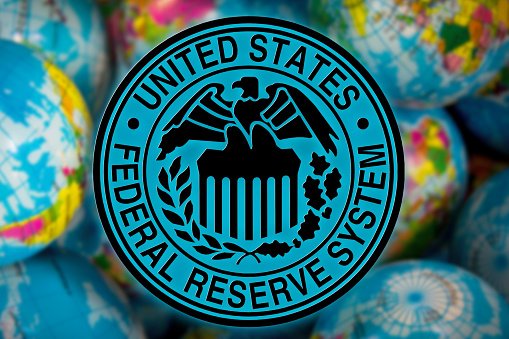Fed Governor Waller dismisses concerns over monetary tightening impact on banking system
Is the Fed going too far with monetary policy?
In a recent speech, Fed Governor Christopher Waller vehemently defended the Fed’s decision to tighten monetary policy, pushing back against claims that such measures have put undue stress on the banking system. Critics have pointed fingers at the Fed’s interest rate hikes, arguing that they have played a significant role in the recent distress and failures seen in the banking sector. However, Governor Waller dismissed these concerns, stating that the Fed’s actions were necessary to combat rising inflation and ensure the overall stability of the economy.
Understanding the Fed’s rationale
The Fed has been under pressure to combat inflation, which has been on the rise in recent months. By raising interest rates, the Fed aims to cool down the economy and prevent prices from spiraling out of control. While these measures may have unintended consequences for certain sectors, such as banking, the Fed believes that they are necessary for the greater good of the economy as a whole.
Some critics have argued that the Fed should have taken into account the potential impact of its actions on the banking system, given the recent troubles faced by some banks. However, Governor Waller maintained that the Fed’s primary mandate is to ensure price stability and full employment, and that these goals must take precedence over concerns about the banking sector.
How will this affect me?
As the Fed tightens monetary policy, consumers may start to feel the impact in the form of higher borrowing costs. With interest rates on the rise, mortgages, car loans, and credit card payments could all become more expensive. Savers, on the other hand, may see higher returns on their deposits as banks raise interest rates on savings accounts and CDs.
How will this affect the world?
The Fed’s actions have far-reaching implications for the global economy. As the world’s largest economy, decisions made by the Fed can have ripple effects across the globe. A tightening of monetary policy in the US could lead to capital outflows from emerging markets, putting pressure on their currencies and financial systems. It could also impact trade flows and economic growth in other countries, as tighter US monetary policy could slow down the global economy.
Conclusion
While concerns have been raised about the impact of the Fed’s monetary tightening on the banking system, Governor Waller’s robust defense of the Fed’s actions underscores the central bank’s commitment to maintaining price stability and full employment. While there may be short-term pain for certain sectors, the Fed believes that these measures are necessary to ensure the long-term health of the economy.





